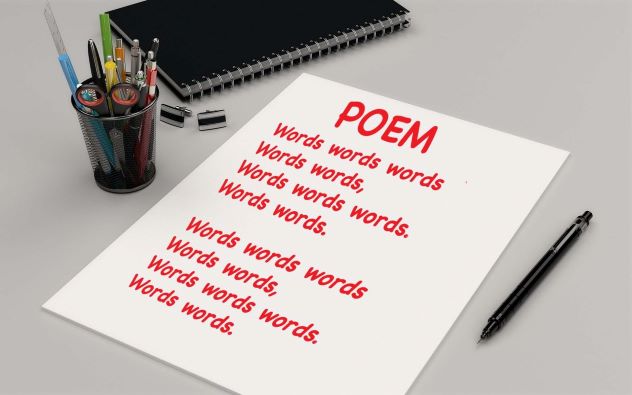 I know poetry is supposed to be creative. You don’t have to follow the rules if you don’t want to. You just put your pen to the paper and write. Then you dump it all on us and expect us to appreciate your art.
I know poetry is supposed to be creative. You don’t have to follow the rules if you don’t want to. You just put your pen to the paper and write. Then you dump it all on us and expect us to appreciate your art.
Well, I’m sorry, but it doesn’t work that way. I get about one book of poetry a week sent to me for a review. I turn most of them away, and it’s not because I’m an old curmudgeon, or because I’m a stickler for “proper English.” The first reason is that I try to read them out loud following the format they’re written in, and it all sounds like gobbledygook. Continue reading “A Curmudgeonly Look at Poetry”

 I began my writing career in drama, and when I start a new chapter of a novel, the first thing that comes to mind is the dialogue. Bad idea. When you come into the middle of a conversation, you always feel like you’re missing something, and I suspect my readers react the same way. So I went looking for a metaphor that would help me write an effective opening paragraph for every chapter. And to do that, I had to figure out what readers want at the beginning of a chapter.
I began my writing career in drama, and when I start a new chapter of a novel, the first thing that comes to mind is the dialogue. Bad idea. When you come into the middle of a conversation, you always feel like you’re missing something, and I suspect my readers react the same way. So I went looking for a metaphor that would help me write an effective opening paragraph for every chapter. And to do that, I had to figure out what readers want at the beginning of a chapter.
 It is very easy to have your own voice. Basically your voice is anything in your writing style that makes you different from the competition. Some of these qualities are positive, but some are negative. Unfortunately, the negative ones are the easiest, because they tend to look like mistakes. Be careful not to fall into their snare.
It is very easy to have your own voice. Basically your voice is anything in your writing style that makes you different from the competition. Some of these qualities are positive, but some are negative. Unfortunately, the negative ones are the easiest, because they tend to look like mistakes. Be careful not to fall into their snare.